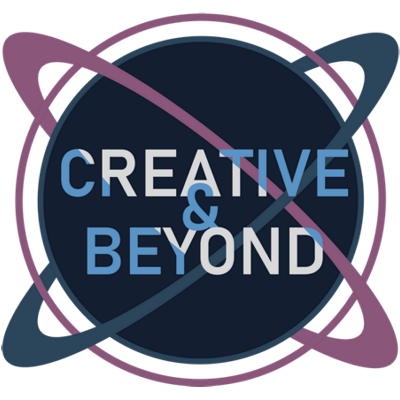comparison
There’s a lyric from one of my favorite bands which goes, “I am haunted by my love for comparison, my fascination with a single common theme.”
Why is it we love to compare so much? Is it because it gives us a standard of judgement? Does it comfort us to look down on people we believe we are better than? Does it help us determine differences and similarities?
Yes, all those and more. But comparison can be a tricky thing, especially when we compare ourselves to others.
Comparison is like a cactus: juicy on the inside, but painful when handled without caution.
It can challenge us to try harder, but it can also weigh us down with impossible burdens.
Just think about the woman who suffers from an eating disorder based on an obsession with her physical appearance. She believes her body must look like the ones on magazine covers (most of which are Photoshopped and fake) in order to be beautiful.
How about the guy who gets pumped up on steroids in so he can out-perform his peers or look more “manly” at the beach. Comparison can become a deadly trap, a spiral staircase winding down and down.
Parents are prone to compare their child to a sibling or neighbor kid, “Why can’t you be more like Susie or Jonny?” Such talk is more damaging than it is encouraging; it sends their child the message of inferiority, that there is something inherently wrong within them. Hardly motivational.
Comparison can also be a creativity killer.
If you feel you must produce work on par with the greats, you’re going to be sorely disappointed when your first attempts look a two year old’s Jackson Pollock food splatter and less like a Rembrandt. In fact, you may just give up before getting very far.
When it comes to feeding our hunger for comparison, the internet doesn't help either.
The availability of so much high-level content can be great for inspiration, but a downer for competition. It's not hard to find a near endless supply of incredible photos, websites, outfits, designs, music, etc. that seem eons better than the content you're currently producing.
One of the problems with comparison is how unrealistic of an approach it can be. When I view someone else’s final outcome after years practice and learning, but believe I should be able to do the same kind of work instantly, I am deceived.
When I take a person with an exceptional quality, one which may only show up once in a generation, and believe anything less on my part is worthless, I give myself unhealthy expectations.
Everyone simply can’t be as good as the best person out there. The best by definition is the only one on that level.
The same can happen when I hold others to my own standards without understanding their particular challenges and abilities, I become proud and devalue them.
However, we can also use healthy comparison to drive ourselves to try harder and discover better practices. I can compare my own performances in order to beat my personal best. I can study from the methods of the best runners or most successful writers and learn how to improve my own techniques.
Comparison either lifts up or pushes down.
The question to ask is, what result does the comparison produce? Does it bring encouragement, leading to improvement? Or does it cause me to desire something I am not and think less of myself or others?

